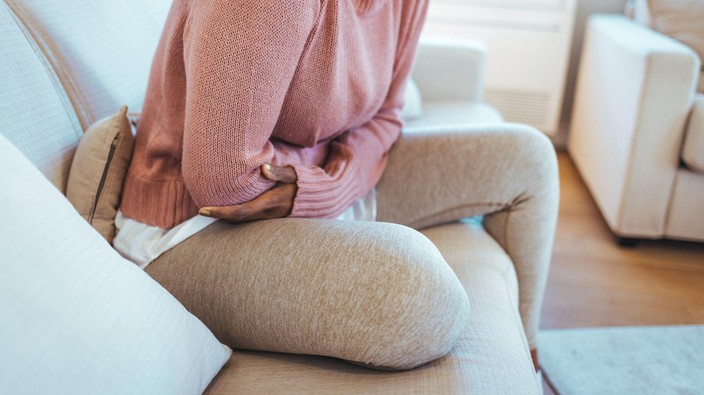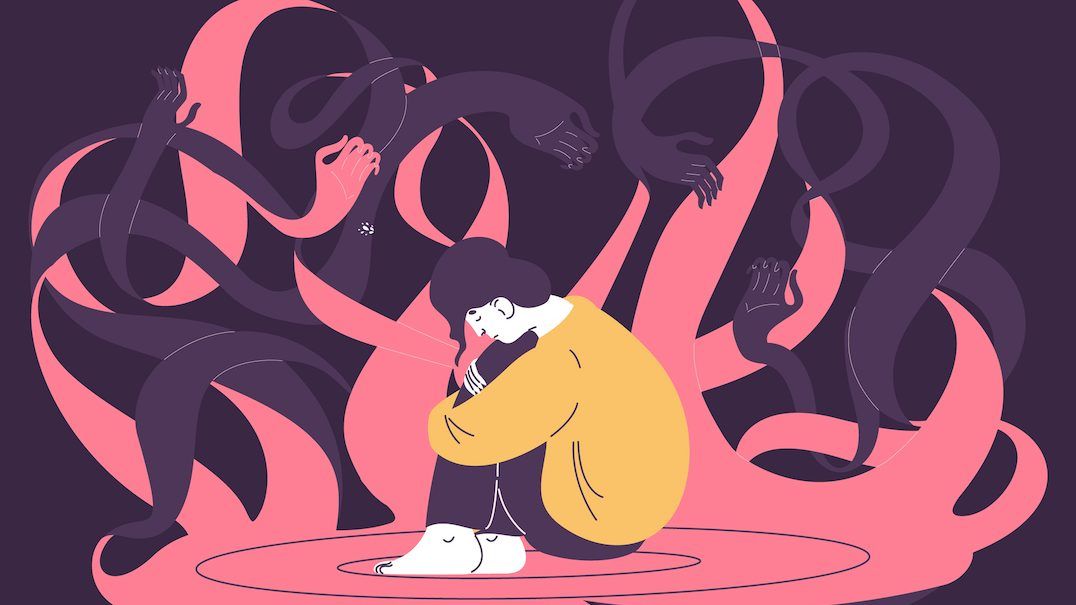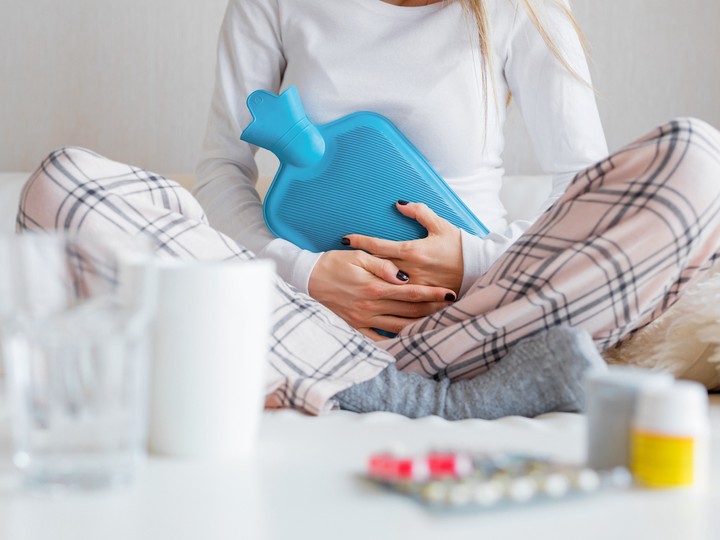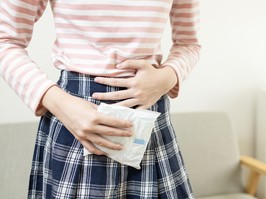Hot flash Inc: The Vagina Coach wants you to know that peeing when you laugh is not 'part of being a woman'
Kim Vopni, host of the new podcast Between Two Lips, wants people with a vagina to know that your pelvic floor deserves special attention.
Hotflash Inc.: How TikTok is helping us go through menopause
TikTok is a welcoming space where being a certain age is an asset, not a liability, writes Ann Marie McQueen.
Why are doctors more likely to ignore women's pain?
From understanding how they talk about pain to understanding the barriers that society places on them, it's time to take a hard look at why our health care system is failing women.
 4 minute read
4 minute read










